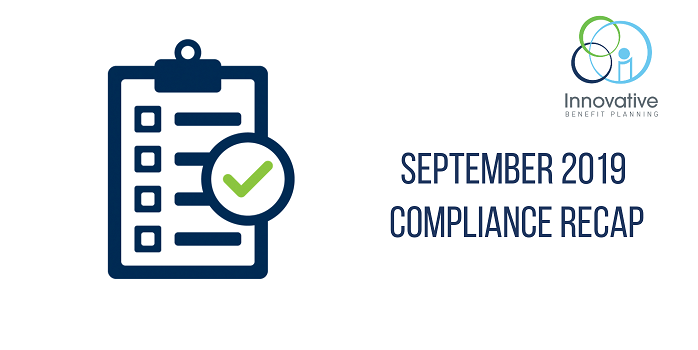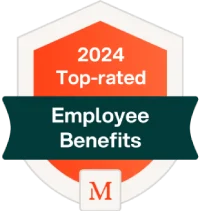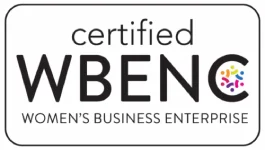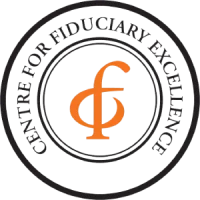September 2019 Compliance Recap

September was a busy month in the employee benefits world.
The U.S. Senate confirmed Eugene Scalia as the new Secretary of the Department of Labor (DOL).
The Internal Revenue Service (IRS) published proposed rules regarding affordability safe harbors and Section 105(h) nondiscrimination rules as applied to individual coverage health reimbursement arrangements (ICHRAs). The IRS also announced that the health insurance providers fee will resume for 2020. The IRS released an information letter regarding transition relief and whether employer shared responsibility penalties may be waived under the Patient Protection and Affordable Care Act.
The DOL, Department of Health and Human Services (HHS), and Treasury (collectively, the “Departments”) released final FAQs on mental health parity.
The DOL issued an opinion letter regarding delaying Family and Medical Leave Act (FMLA) leave. The DOL also issued an opinion letter regarding whether employer contributions to health savings accounts (HSAs) are earnings subject to wage garnishment under the Consumer Credit Protection Act (CCPA).
IRS Publishes Proposed Rules on Affordability Safe Harbors and Nondiscrimination for ICHRAs
The Internal Revenue Service (IRS) published proposed rules clarifying how the employer shared responsibility provisions and Section 105(h) nondiscrimination rules apply to health reimbursement arrangements (HRAs) and other account-based group health plans that are integrated with individual health insurance coverage or Medicare.
Public comments on the IRS’ proposed rules are due by December 30, 2019. Because employers may want to offer individual coverage HRAs beginning on January 1, 2020, before the IRS publishes its final regulations, the IRS provides a time period within which employers may rely on the proposed regulations.
Read more about the proposed rules.
IRS Announces Health Insurance Providers Fee to Resume in 2020
As background, the Patient Protection and Affordable Care Act (ACA) imposes a fee on each covered entity (for example, health insurers or a non-fully insured MEWA) engaged in the business of providing health insurance for United States health risks. There was a moratorium on the fee for 2017 and there is a suspension on the fee for 2019. Under IRS Notice 2019-50, absent legislative action, the fee will resume for 2020. According to an estimate by the American Academy of Actuaries, the fee will increase premiums by one to three percent in 2020.
Read more about the health insurance providers fee.
IRS Releases Information Letter on Employer Shared Responsibility Penalties under the ACA
The Internal Revenue Services (IRS) released an information letter responding to an inquiry of whether employer shared responsibility penalties (ESRPs) may be waived or reduced based on hardship or other factors and whether the IRS will extend the transition relief for employers with fewer than 100 employees.
The letter notes that the law does not provide for waiver of ESRPs. While the IRS provided several forms of transition relief in 2015 and 2016, no transition relief is available for 2017 and future years. Although the January 20, 2017, executive order Minimizing the Economic Burden of the ACA Pending Repeal directs federal agencies to exercise authority and discretion to waive, defer, and grant exemptions from the ACA provisions, the ACA’s legislative provisions are still in force until Congress changes them.
DOL, HHS, and Treasury Releases Final FAQs on Mental Health / Substance Use Disorder Parity
The U.S. Departments of Labor (DOL), Health and Human Services (HHS), and the Treasury (collectively, the “Departments”) released final FAQs About Mental Health and Substance Use Disorder Parity Implementation and the 21st Century Cures Act Part 39. The Departments respond to FAQs as part of implementing the Paul Wellstone and Pete Domenici Mental Health Parity and Addiction Equity Act of 2008 (MHPAEA), as amended by the Patient Protection and Affordable Care Act (ACA) and the 21st Century Cures Act (Cures Act). The FAQs contain a model disclosure form that employees can use to request information from their group health plan or individual market plan regarding treatment limitations that may affect access to mental health or substance use disorder (MH/SUD) benefits.
The DOL also released an enforcement fact sheet summarizing the DOL’s closed investigations and public inquiries regarding mental health and substance use disorder during the 2018 fiscal year.
Read more about the FAQs, model disclosure form, and the enforcement fact sheet.
DOL Issues Opinion Letter on Delaying FMLA Leave
The Department of Labor (DOL) issued an opinion letter in response to an inquiry of whether an employer may delay designating paid leave as Family and Medical Leave Act (FMLA) leave if the delay complies with a collective bargaining agreement (CBA). The employer is a government public agency subject to CBAs that allow or require employees to delay taking unpaid leave until after the CBA-protected accrued paid leave is exhausted. The CBA-protected leave is treated as continuous employment and does not affect an employee’s seniority status under state civil service rules.
The Department of Labor (DOL) concluded that, under the FMLA, once an employer has enough information to determine that an employee’s leave request qualifies as FMLA leave, the employer must designate the leave as FMLA. The employer may not delay designating paid leave as FMLA leave when leave is requested for an FMLA qualifying reason. The FMLA leave would run concurrently with the CBA-protected leave. Because an employee’s entitlement to benefits (not including health benefits) during a period of FMLA leave is determined by the employer’s policy for providing benefits during other forms of leave, the employee must accrue seniority the same as the employee would if the employee only took CBA-protected leave.
DOL Issues Opinion Letter on CCPA Wage Garnishment Regarding HSAs
The Department of Labor (DOL) issued an opinion letter responding to an inquiry of whether employer contributions to employee health savings accounts (HSAs) constitute earnings for wage garnishment purposes under the Consumer Credit Protection Act (CCPA).
The DOL concluded that employer contributions to HSAs are not earnings under the CCPA for wage garnishment purposes because the contributions do not compensate an employee directly for the amount or value of an employee’s services, are not included in an employee’s take-home pay, and can only be used to reimburse qualified medical expenses without being subject to taxes and penalties.
This information is general and is provided for educational purposes only. It reflects UBA’s understanding of the available guidance as of the date shown and is subject to change. It is not intended to provide legal advice. You should not act on this information without consulting legal counsel or other knowledgeable advisors.

Categories
Archive








